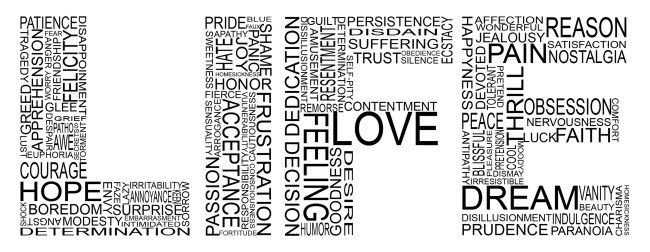I learnt various things at the conference in Beijing (that I had mentioned in my previous blog), even while I enjoyed facilitating the many discussions on life and living.
Here are a few the more memorable learnings:
(1) Strengthening relationships: The 5:1 Principle
- There needs to be at least 5 times as many positive moments as negative moments if a marriage is to be stable
- It is a question of balance: a marriage needs positivity to nourish love
- Couples heading towards break up do far too little on the positive side to compensate for the growing negativity between them
(2) Aristotle on Excellence:
“Excellence is never an accident. It is always the result of high intensity, sincere effort, and intelligent execution; it represents the wise choice of many alternatives – choice, not chance, determines your destiny.”
(3) SUMO = Shut Up and Move On
- Stop talking and get something done!
(4) Advice on making decisions in life:
- What are your options?
- Which option is best for you?
- What are your reasons for thinking so?
- Are your reasons good enough for you to choose that option?
(5) Was Tiger Woods Talented or Hardworking?
- His father gave Tiger a putter when he was seven months old.
- Before he was two, he and his father were on a course practising regularly.
- Both father and son attribute Tiger’s success not to talent, but to “hard work”.
(6) Steve Jobs on Wealth:
“Being the richest man in the cemetery doesn’t matter to me. Going to bed at night saying we’ve done something wonderful . . . that’s what matters to me.”
(7) Success & Failure
John F Kennedy in his last speech to the Massachusetts Legislature on 9 January 1961: “When at some future date the high court of history sits in judgment on each one of us . . . our success or failure in whatever office we hold will be measured by the answers to four questions:
- Were we truly men (and women) of courage . . . ?
- Were we truly men (and women) of integrity . . . ?
- Were we truly men (and women) of judgment . . . ?
- Were we truly men (and women) of dedication . . . ?”


